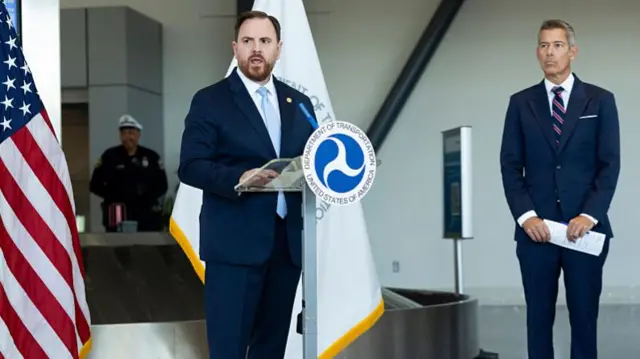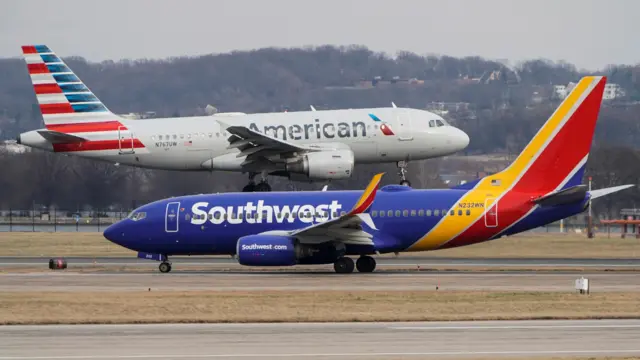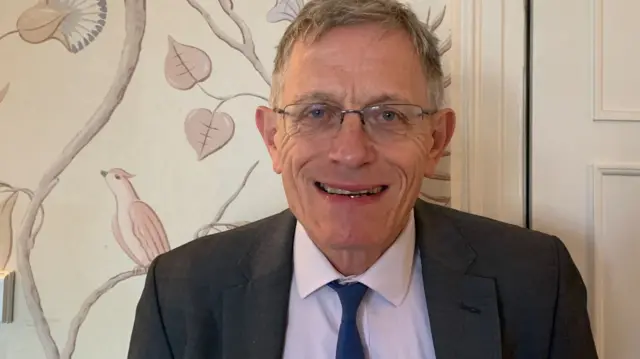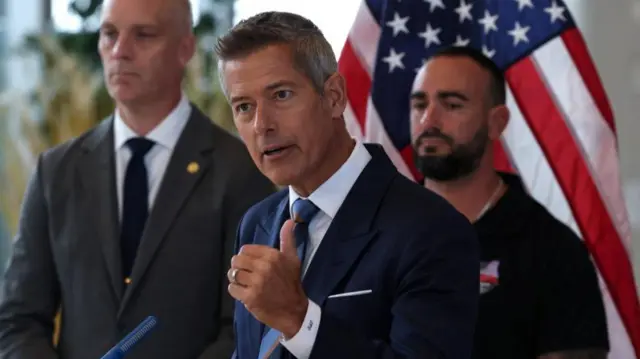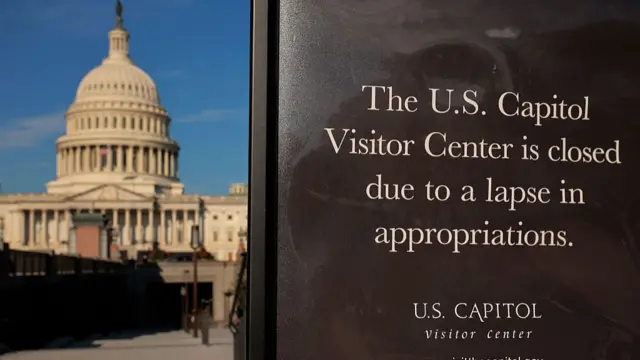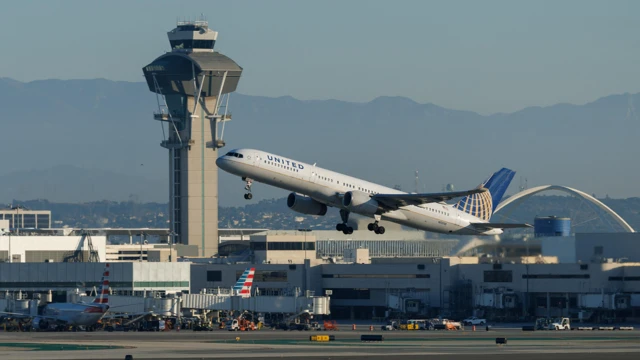White House clock part of shutdown blame gamepublished at 12:05 GMT 7 November
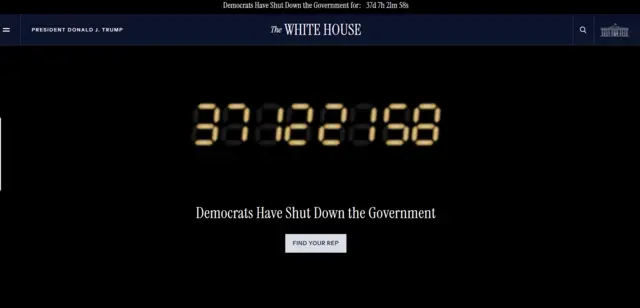 Image source, whitehouse.gov
Image source, whitehouse.govRepublicans and Democrats have blamed one another for the federal shutdown, which is entering its second month and is now the longest in US history.
Republicans, who control both houses of Congress as well as the White House, blame Democrats for the impasse, saying they should agree to pass a "clean" funding resolution that would simply continue current spending levels.
The White House website has even created a rolling clock, external with the caption: "Democrats have shut down the government."
Because Republicans hold a slim majority in the chamber, they need a handful of Democrats in order to meet the 60-vote threshold to pass the resolution.
Democrats have been fairly unified in holding out for a resolution that addresses health care costs for lower-income Americans that are set to rise soon.
